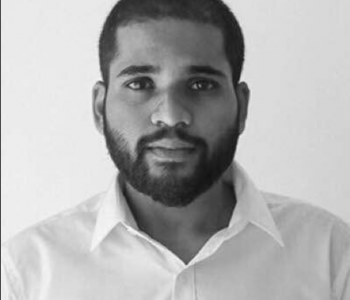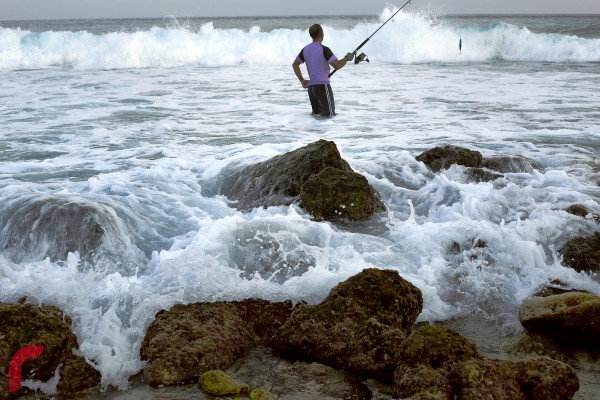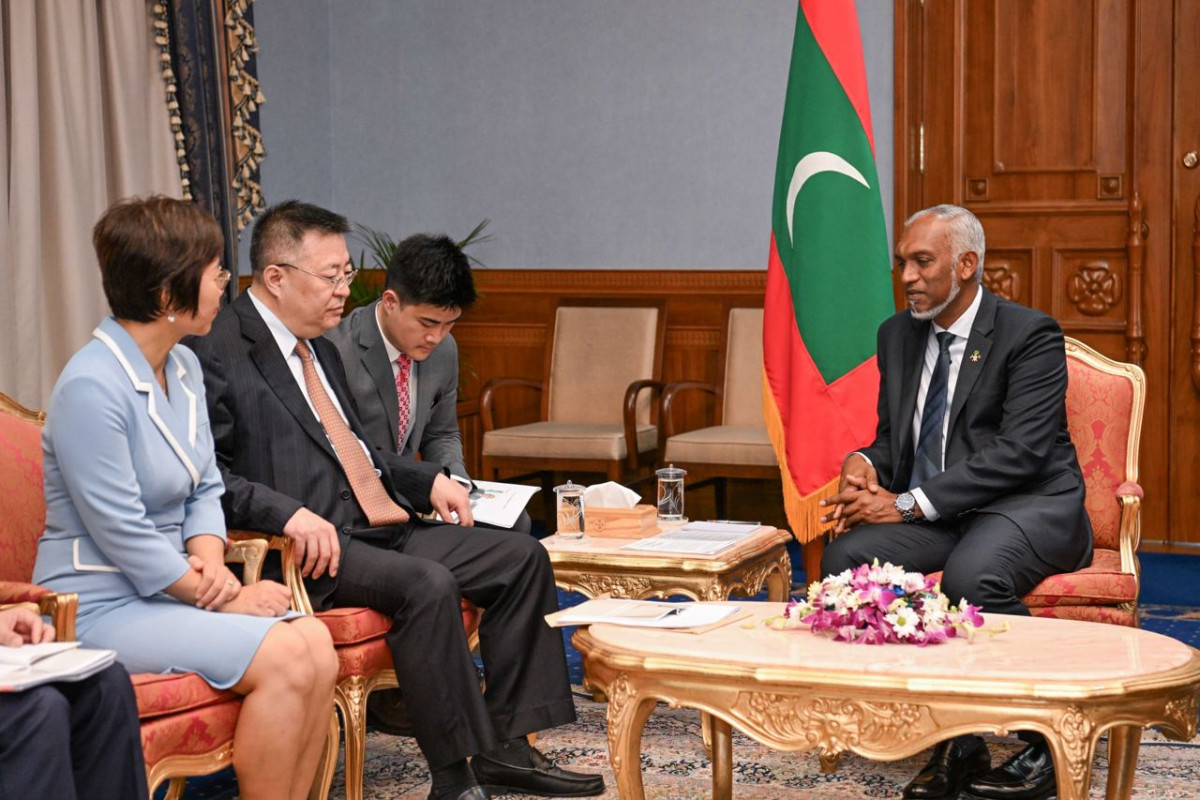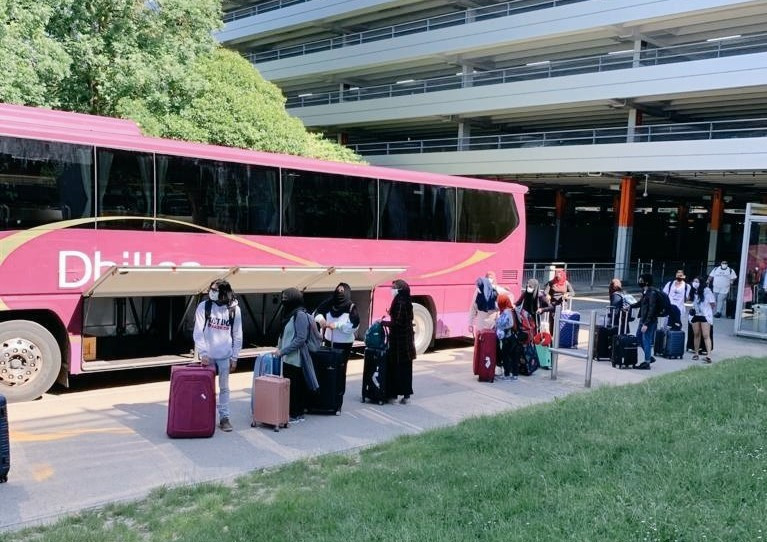Young Maldives: how important is youth progress?
Young people all over the world share very common issues but there are ones unique to the young people of the Maldives


A young man out fishing off the breakwater in capital city Malé
The youth are the driving force behind any country and this especially true in the Maldives where close to half the population is under the age of 25. Governments, old and new, have maintained steady rhetoric empowering the youth and introducing policy to improve education and employment opportunities for them.
A 2014 Population and Housing Census says people aged 18 to 34 make up for 35 percent of the Maldivian population, while those aged 15 to 24 account for 20 percent. President Ibrahim Mohamed Solih, who assumed office in late November, has claimed to fully recognize the critical need to expand youth participation and opportunities to address their aspirations.
Young people all over the world share very common issues but there are ones unique to the young people of the Maldives. The World Bank in 2014 claimed that restrictions to the economic progress of youth in Maldives, include ‘geography, law, religion, and culture’.
Geographical restrictions include internal migration due to small size and lack of opportunity, distance for sea transport, limited resources, high cost of living, while culture in more conservative islands inhibiting young women’s access to education, employment, and divorce.
Maldives is quite promising, we currently have seven cabinet ministers who are women and also elected the youngest parliamentarian in Asian history, during the 2014 elections. However, only 5 percent of parliamentarians are women and the Millennium Development Goal indicators show that Maldives does lag behind in gender equality and women’s empowerment while said cultural restrictions inhibit a young woman’s mobility, autonomy, employment, and ability to make independent restrictions.
The new government, just as the previous one did, has placed the youth at the forefront of key initiatives and one of the first 100-day pledges include establishing a youth council to monitor youth policies and initiatives.
The government has also included a budget to fund tertiary education for students that qualify, which might be a luxury that the state cannot afford at the moment but one that would undoubtedly allow less privileged families to break the mold, and if viewed at optimistically, could transform the perspective of the entire population. Studies have shown that the majority of Maldivian youth only experience the outside world through the internet, social media, and tourism; leaving them dissatisfied and disengaged because what they see and perceive contradict cultural norms and societal expectations. A more educated population could change this entirely.
The new government has also introduced initiatives to bolster youth entrepreneurship, most notable of which is the weekend market organized by the Youth Ministry; which has proven to be contentious in conservative and devout Maldives because it features live music, but promises to be an ideal opportunity for new businesses to reach potential customers. While not discussed, a policy to extend tax holidays for start ups or small businesses could also go a long way, which is only fair as Maldives already extends the luxury to big foreign investors.
The previous government had pledged to do the same, and former president Abdulla Yameen had somewhat stayed true to this; they established a loan scheme for small and medium enterprises, a loan scheme for youth entrepreneurs that explicitly required recipients to be under the age of 35, invested in sporting and recreational facilities, and if one were to be tongue-in-cheek, hired hundreds of coordinators to his ministries, most of whom were quite young.
All this is well and excellent; most of these issues are heavily discussed already and to ask for these things to change is asking for a drastic cultural shift, which might too much at this time. Long-term enforcement of policies to tackle these restrictions has always been tough to pull off; partly because most of us hold on to shallow descriptions of national identity, partly because big businesses continue to influence public policy, partly because most of us do not believe that institutions of the state can be trusted.
Regardless of whether or not restrictions for youth progress can be addressed immediately and efficiently, we must try. Young people make up more than half of the labour force, and it is important that they have the opportunity to develop their skills and confidence through access to education or vocational training. It is important that have the opportunity to live fulfilling lives and have their well-being prioritized by policymakers, and it is important that they are given adequate means to live productively and be effective members of their society.






